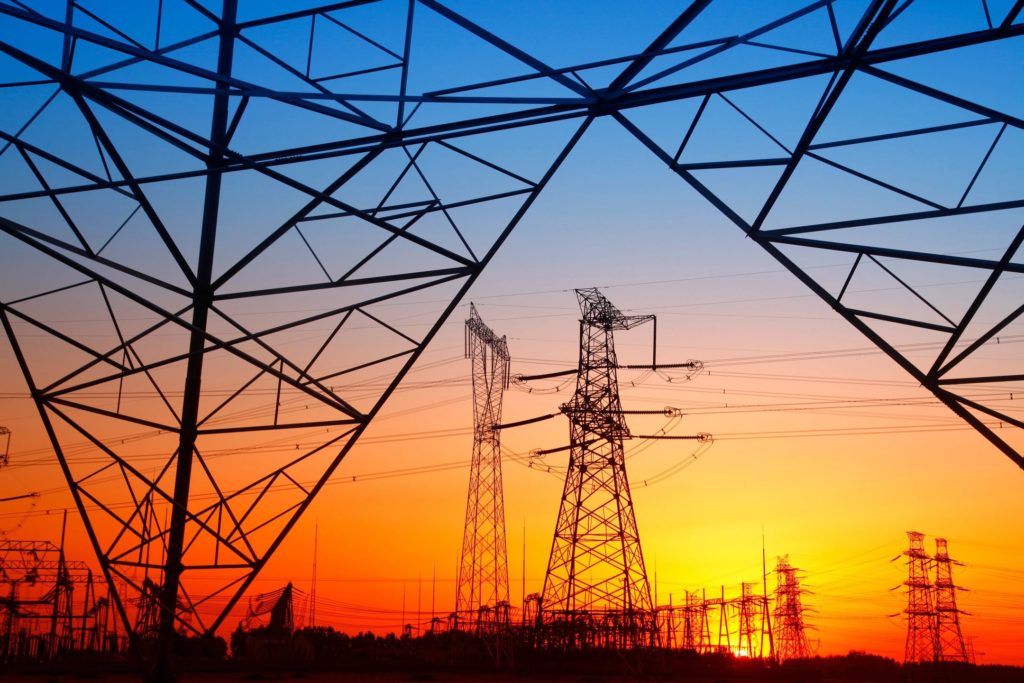 In Texas’s Permian Basin, there’s no shortage of oil resources. In fact, the proliferation of proven reserves in Texas will likely make the state the third largest producer of oil in the world by next year, even in front of Middle Eastern nations such as Iraq and Iran. But, as can be observed throughout the energy industry, a perfect storm of unforeseen disruption can undermine market flows and increase the cost of doing business.
In Texas’s Permian Basin, there’s no shortage of oil resources. In fact, the proliferation of proven reserves in Texas will likely make the state the third largest producer of oil in the world by next year, even in front of Middle Eastern nations such as Iraq and Iran. But, as can be observed throughout the energy industry, a perfect storm of unforeseen disruption can undermine market flows and increase the cost of doing business.
Enter the steel tariffs (otherwise known as “import taxes”) introduced by the Trump administration earlier this year. In June, President Trump imposed 25 percent tariffs on steel goods, with temporary exemptions for North American Free Trade Agreement (NAFTA) trading partners Canada and Mexico. The tariffs posed an immediate problem for pipeline producers, who found a lack of suitable domestic alternatives for purchasing pipeline steel. According to the Association of Oil Pipe Lines, “U.S. domestic steel producers largely exited the pipeline business because of its small market, higher costs, and lower margins, choosing to focus instead on higher volume products (steel for automobiles, appliances, etc),…” Plains All American Pipeline estimates that tariffs will tack $40 million in additional costs onto its $1.1 billion Cactus II pipeline slated to deliver oil from the Permian basin. The company made this issue clear to the Commerce Department, which denied their request for a tariff exemption due to alleged “suitable product…available from domestic producers.”
Even Plains All American Pipeline’s estimate, which implies increased project costs of 3.6 percent, doesn’t take into account the effect of retaliatory tariffs by foreign powers. Since President Trump’s announcement that the United States will pursue a path of higher tariffs, allies and foes alike responded with their own tariff measures proportional to American rates. In other cases, the administration has taken inspiration from nations that implemented tariffs before America even began reevaluating trade policy. Such was the case in September of 2017, when the European Union imposed a (up to) 30 percent tax on Chinese-made solar panel imports.
The logic of bolstering domestic panel manufacturing vis-à-vis import taxes appealed to the President, who announced in January a 30 percent tariff on foreign panel parts over the next four years. According to a June Reuters report, the announcement let to $2.5 billion in project freezes and diminished investment due to higher anticipated costs. In just the few months since the announcement, panel prices have already gyrated back and forth as American buyers went on a foreign purchasing frenzy and the Chinese government recalibrated its production incentives. California Solar & Storage Assn. executive director Bernadette Del Chiaro said of the policy change: “We’re still really reeling from the impact…Almost 50% of the roiling and disruption comes from just the unknown and the uncertainty.” Largely due to this uncertainty, clean energy research firm GTM Research slashed utility-scale solar installation forecast by roughly one-fifth for each of the next two years.
Even the ethanol sector, which is mostly homegrown and caters to consumers within American borders, is starting to feel the bite of import taxes. In response to trade threats, China notified the World Trade Organization in April that it would no longer honor ethanol trade carve-outs to America, disadvantaging billions of dollars worth of farmer output from states such as Nebraska and Iowa. The worsening trade ties has proven especially devastating for biomass producers, who incorporated China’s new 10 percent ethanol blend-in fuel requirement into business projections. All parties are now at a disadvantage, with depressed American sales and Chinese refineries struggling to find ethanol elsewhere to use at refineries.
Clearly, various tariffs have already had a wide-ranging impact on the energy sector, injecting uncertainty and increased costs into already complex undertakings. While dealing with policy swings and international market ramifications can be daunting, Ensight Energy offers comprehensive financial advisory services to evaluate business plans and adapt to changing realities. For expert financial and technical advisory services during every stage of your energy project’s lifecycle, feel free to contact us via email at [email protected] or by phone at 720.648.6554.
